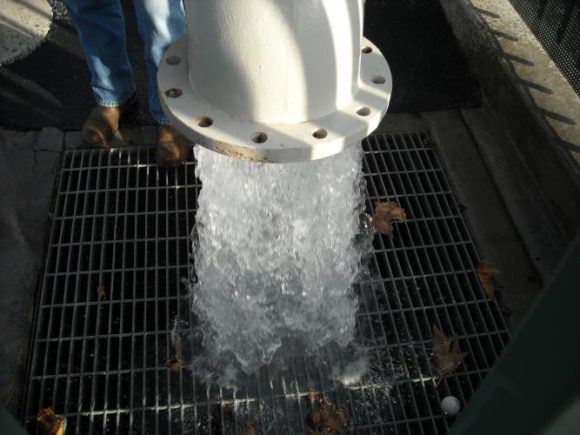Sustainable Groundwater Management Act

Gaining a Strategic Start on Addressing New Groundwater Legislation
For the first time in history, California has enacted legislation that gives local agencies the authority and responsibility to manage groundwater supplies in a sustainable manner over the long-term.
The Sustainable Groundwater Management Act (SGMA or Act) requires the formation of one or more Groundwater Sustainability Agencies (GSAs) for the 127 groundwater basins/subbasins identified as a high and medium priority by the Department of Water Resources (DWR) with adjudicated basins being largely exempt. The Act does not apply to basins currently prioritized as low and very low.
Forming one or more Groundwater Sustainability Agencies: Basins may have a single GSA or multiple GSAs — GSAs are responsible for assessment of groundwater conditions in the basin and development of Groundwater Sustainability Plans (GSPs). The Act promotes engagement of interested parties in the formation of GSAs and the development and implementation of GSPs. GSAs are required to provide DWR with documentation of their efforts to outreach to and engage interested parties.
Developing Groundwater Sustainability Plans: GSAs will develop Groundwater Sustainability Plans (GSPs) to achieve sustainable groundwater management in the high and medium priority basins within 20 years — GSAs may adopt a single GSP covering an entire basin or GSPs created through the coordinated efforts of multiple GSAs. GSPs can build upon existing groundwater management plans. The SGMA does not intend for any surface water rights or groundwater rights to be altered as a result of compliance with the Act.
The SGMA provides new authorities and tools for GSAs during development and implementation of GSPs. For example, GSAs may conduct investigations, establish requirements to register wells and measure and report extractions, limit extractions, and establish fees for development and implementation of GSPs.
Who is affected? All groundwater pumpers who extract more than two acre-feet/year are subject to the Act. The Act allows for limited state intervention if local agencies do not form a GSA or submit a GSP by the established deadlines, or if implementation of the GSP does not achieve sustainable groundwater management.
See West Yost’s Sustainable Groundwater Management Act information sheet for important deadlines.
West Yost Can Assist with Early SGMA Strategies
Presentations: West Yost welcomes the opportunity to provide an informative presentation of the Sustainable Groundwater Management Act, or a Groundwater 101 – Fundamental Principals of Groundwater Hydrology and Technical Considerations for GSA Formation, for interested clients.
Phase 1 Assistance: West Yost can readily assist with services to position your agency for Phase 1 implementation, including:
- Stakeholder Identification, Education and Facilitation Services
- Governance Structures (benefits and considerations of centralized, distributed, or combination models) for GSA formation
- Groundwater Assessments/Basin Boundary Delineations
- Developing Hydrogeologic Conceptual Models to help stakeholders understand the aquifer properties and trends in groundwater levels and groundwater quality in their basin
- Developing strategies to show how a GSA will protect beneficial uses and groundwater users
